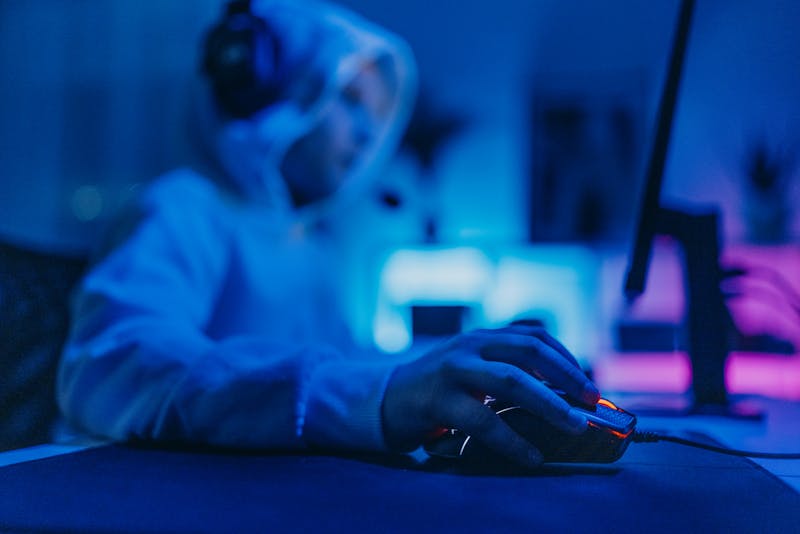
The legal system is beginning to grapple with a pressing question: Can and should digital platforms be held legally responsible when their design choices lead to real-world harm? For Roblox, that question has now triggered a tidal wave of lawsuits and regulatory scrutiny.
Roblox Faces Expanding Legal Action Nationwide
In Louisiana, Attorney General Liz Murrill filed a groundbreaking lawsuit against Roblox Corporation. The complaint labels Roblox as a "perfect platform for pedophiles" and alleges that the company knowingly failed to protect minors, prioritizing profits over safety. The suit seeks injunctive relief and financial penalties for ongoing violations of child protection laws.
But Louisiana isn’t alone. Across the country, nearly 400 families have filed lawsuits with similar claims:
- That Roblox's design features such as unrestricted chat, anonymous friend requests, and public game spaces make grooming not only possible but predictable.
- The company failed to comply with federal mandates requiring reports of suspected child exploitation.
- That Roblox ignored mounting evidence of abuse on its platform.
The Push Toward Consolidation: Multidistrict Litigation (MDL)
In September 2025, plaintiffs' attorneys submitted a motion to the U.S. Judicial Panel on Multidistrict Litigation (JPML), requesting the consolidation of dozens of related cases into a single forum, likely in the Northern District of California.
If granted, this MDL will enable families to pool resources, streamline discovery, and pressure Roblox to reform or settle. It also means the courts will evaluate shared legal theories, potentially setting new precedent for digital liability.
Key Legal Claims in Roblox Lawsuits
- Negligent Product Design – Plaintiffs argue that Roblox’s architecture inherently enables exploitation. Features like open chats, customizable avatars, and real-time multiplayer elements make it easy for predators to connect with and groom children.
- Failure to Warn – It is alleged that Roblox failed to warn parents and users of the known dangers, despite growing internal data showing rising abuse reports.
- Breach of Duty & Emotional Distress – Victims claim they suffered severe emotional harm that could have been prevented with adequate moderation and design safeguards.
- Section 230 Challenges – Historically, Section 230 of the Communications Decency Act protected platforms from liability for user content. But these lawsuits claim design-based negligence is not the same as hosting third-party content—and thus not protected.
Why These Legal Cases Could Change Digital Safety Forever
If courts uphold design liability claims, it could force all platforms that serve minors to reconsider how they build and moderate their systems. What tobacco and opioid litigation did for public health, Roblox litigation may do for digital safety.
HGD Law is closely following this litigation. We work with digital safety experts, platform engineers, and trauma psychologists to build robust cases that reflect the true scope of harm. If you believe your family has been affected, contact us today.

